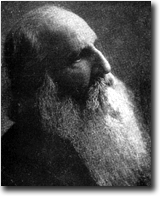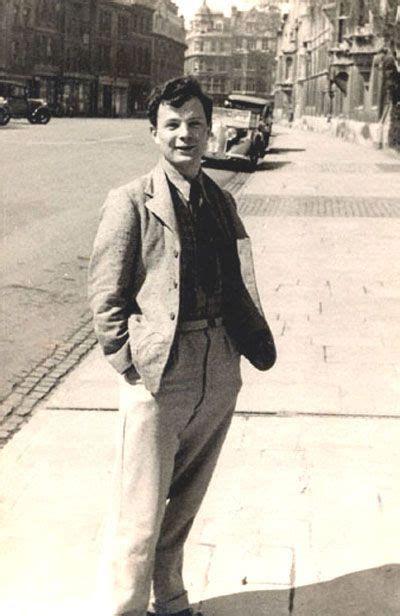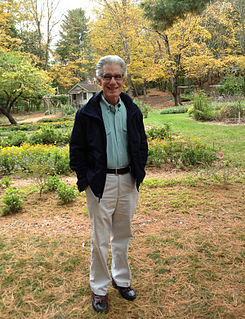A Quote by Sigmund Freud
It is easy to see that the ego is that part of the id which has been modified by the direct influence of the external world.
Related Quotes
In this way the ego detaches itself from the external world. It is more correct to say: Originally the ego includes everything, later it detaches from itself the external world. The ego-feeling we are aware of now is thus only a shrunken vestige of a far more extensive feeling - a feeling which embraced the universe and expressed an inseparable connection of the ego with the external world.
Pathology has made us acquainted with a great number of states in which the boundary lines between the ego and the external world become uncertain or in which they are actually drawn incorrectly. There are cases in which parts of a person's own body, even portions of his own mental life - his perceptions, thoughts and feelings -, appear alien to him and as not belonging to his ego; there are other cases in which he ascribes to the external world things that clearly originate in his own ego and that ought to be acknowledged by it.
It is alone that part of the external universe which we call material which acts on man through his senses - that part of which we ordinarily feel our knowledge to be the surest; but in reality, strangely enough, as will soon appear, this is one of the aspects of the external world, of which we can know nothing.
Individually we can work on ourselves. By working on your own ego and developing truth, control, and an equitable inner dialogue, you individualize the spirit within you through the process of observation. If you work on yourself, the progress you make radiates invisibly to others, helping them and giving them courage, which also improves the global picture. After all-your ego is a part of the world ego, and as you control it, you lessen the overall influence of the world ego while expanding the presence of truth on our planet.
One might compare the relation of the ego to the id with that between a rider and his horse. The horse provides the locomotor energy, and the rider has the prerogative of determining the goal and of guiding the movements of his powerful mount towards it. But all too often in the relations between the ego and the id we find a picture of the less ideal situation in which the rider is obliged to guide his horse in the direction in which it itself wants to go.
I look around the world, I don't see America's influence growing around the world. I see our influence receding, in part because of the failure of Barack Obama to deal with our economic challenges at home; in part because of our withdrawal from our commitment to our military in the way I think it ought to be; in part because of the turmoil with Israel.
One of the interesting characteristics of the Ego Tunnel is that it creates (as Finnish philosopher Antti Revonsuo called it) a robust "out-of-the brain experience", a highly realistic experience of not operating on internal models, but of effortlessly being in direct and immediate contact with the external world - and oneself.
How does one get rid of fear? Ramana: What is fear? It is only a thought. If there is anything besides the Self there is reason to fear. Who sees things separate from the Self? First the ego arises and sees objects as external. If the ego does not rise, the Self alone exists and there is nothing external. For anything external to oneself implies the existence of the seer within. Seeking it there will eliminate doubt and fear. Not only fear, all other thoughts centred round the ego will disappear along with it.































